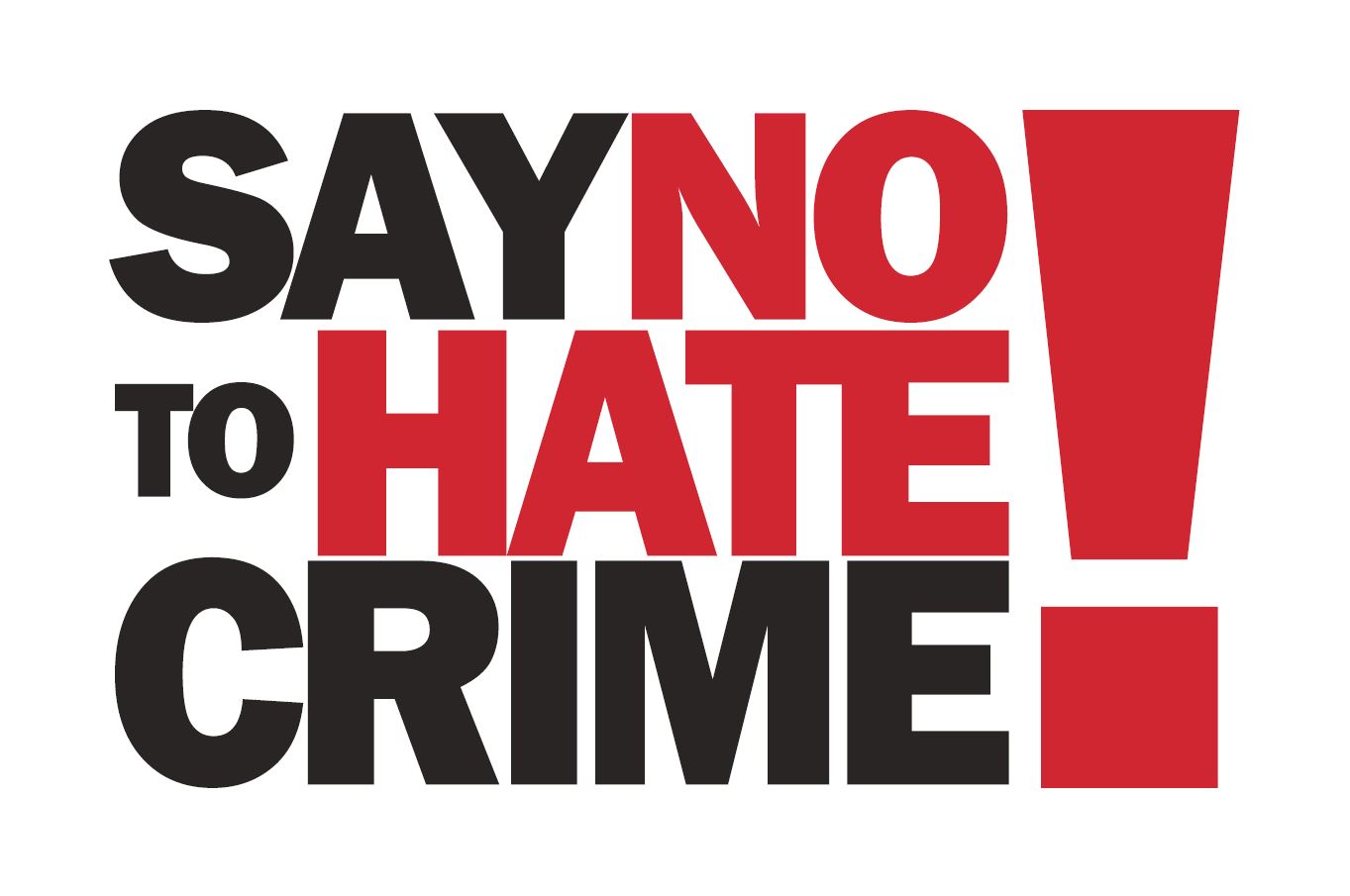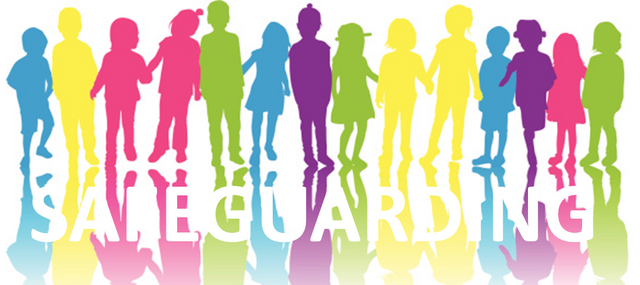What does international jurisprudence say about hate crimes on the Internet?
The rules are clear and state that even if there is repentance the legal responsibility contracted does not disappear

Indignation
However valid never justifies the call for torture and death. International jurisprudence on this point is very clear and states that, even if there is repentance, the legal responsibility assumed does not disappear.
In the case of hate crimes
There are precedents in dozens of countries that sanction digital criminals in general, and those that promote symbolic violence in particular, from the perspective of the responsibility of the individual who uses telecommunications services.
The law in this case focuses from three perspectives on the Internet user who promotes and executes hate crimes, according to the study commissioned by UNESCO "Freedom of Connection - Freedom of Expression: The Changing Legal and Regulatory Ecology Shaping the Internet", by Professor William Dutton and his Oxford Internet Institute research team:
Here are some examples of international regulations for hate crimes committed by Internet users, from the three perspectives identified by Dutton and his team:
* Crime prevention and hate speech

Germany
Volksverhetzung is a German legal concept which means inciting hatred against some segment of the population. The German penal code makes it a crime to "incite hatred against segments of the population" or "invoke violent or arbitrary acts against them". It is also considered a crime to insult and defame segments of the population. It is expressly forbidden to deny the holocaust and glorify the Nazi regime.
Australia
It is prohibited in Australia at the federal level by the Racial Discrimination Act of 1975 to "offend, insult, humiliate or intimidate another person or group of persons" and also if "the act is by reason of the race, colour or national origin of the other person, whether of some or all persons in a group.
Belgium
Belgium's anti-racism law of 1981 makes all forms of racism and xenophobia illegal. The Holocaust Denial Act of 1995 also makes it a crime to deny the Holocaust.
Brazil
The explicit prohibition of hate speech is guaranteed by the Anti-judgment Law (7.716 / 89), which prohibits "the practice, inducement or incitement, by the media or by publication of any kind, of discrimination or prejudice based on race, religion, ethnicity or national origin.
#Canada
Advocating genocide or inciting hatred against any "identifiable group" is a crime under the Criminal Code of Canada, with a penalty of two to fourteen years' imprisonment.
Chile
It is directly regulated in article 31 of the Law on Freedom of Opinion and Information and Exercise of Journalism, which establishes a high penalty of fine for anyone who "by any means of social communication, publishes or transmits publications or transmissions intended to promote hatred or hostility towards persons or collectivities because of their race, sex, religion or nationality".
European Council
The Committee of Ministers of the Council of Europe recommended in 1997 that member governments "take appropriate measures to combat hate speech" in its Recommendation R (97)20. The Council of Europe also established the European Commission against Racism and Intolerance, which has produced country reports and a number of general policy recommendations, for example against anti-Semitism and intolerance against Muslims.
Croatia
The Constitution prohibits and punishes anyone who, on the basis of differences of race, religion, language, political or other belief, wealth, birth, education, social status or other property, gender, colour of skin, nationality or ethnicity violates basic human rights and freedoms recognized by the international community.
Denmark
Prohibits any hate speech, which according to Danish law consists of "making statements that undo or ridicule a group on the grounds of race, colour, nationality, faith or sexual orientation.
Spain
The 1995 Penal Code criminalizes hate speech-related conduct in different articles. For example, section 510, within the offences against the Constitution, and section 607.2, within the offences of genocide.
United States
The U. S. Supreme Court has adopted, in the face of hate speech, at least since the late 1960s, what some quarters of the doctrine call a "liberal approach," according to which the value placed on the right to freedom of religion and belief is a fundamental right.
However threatening the President of the United States is a felony offense under Title 18 of the United States Code, Section 871. Deliberately and deliberately or in any other way "any threat to take the life, kidnap or inflict bodily harm on the President of the United States" is punishable by mail. This also includes presidential candidates and former presidents. The U. S. Secret Service investigates alleged violations of this law and oversees those who have a history of threatening the President.
Threatening the President is considered a political crime. Immigrants who commit this crime may be deported.
Finland
Hate speeches are illegal. Hate speech is defined as "making statements that threaten or insult a national, ethnic, religious or other similar group.
France
Any public or private communication of a defamatory, offensive or insulting nature that incites discrimination, hatred or violence against a person or group of persons on grounds of origin, nationality, race, specific religion, sex or sexual orientation is illegal. The law also punishes statements justifying or denying crimes against humanity, such as the Holocaust.
Netherlands
The Dutch penal code prohibits insulting a group (art. 137c) and inciting hatred, discrimination or violence (art. 137d).
Iceland
Fostering hatred against segments of the population and expressing hatred against segments of the population is a crime. The penalty for such a crime can be up to two years' imprisonment.
Ireland
Incitement to hatred is prohibited and speeches which may be "threatening, abusive or offensive and which are intended to (...) incite hatred" against "a group of persons, in the State or elsewhere, on grounds of race, colour, nationality, religion, ethnic or national origin (...), or sexual orientation" are criminalised.
Israel
According to the Israeli penal code, section 144f,"If a person commits a crime for racist reasons (...) or against a group because of their religion, religious order, sexual inclination or because they are foreign workers, then they must have their punishment doubled or extended to at least 10 years imprisonment. Israel also has specific laws for crimes that consist of hate speech on racial issues.
Jordan
Article 6 of Law No. 76 of 2009 regulating advertising provides:"(a) The following shall be considered a violation of these regulations: (i) The inclusion in advertising or publicity of material that violates national or religious sentiments or beliefs; public morality or that is prejudicial to the maintenance of public order. The advertising of ideas based on racial superiority, racial hatred and incitement to racial discrimination against any person or group are punishable offences.
Section 20 of the Audiovisual Media Act No. 71 of 2002 states:"The licensee shall not broadcast or retransmit any material that may cause confessional and inter-ethnic conflict, undermine national unity or incite terrorism, racism or religious intolerance, domestic relations in the Kingdom".
Lithuania
Legislation prohibits talking about hatred and discrimination.
New Zealand
Prohibits and punishes, as provided for in the Human Rights Act 1993, all forms of discrimination based on race, colour, gender, sexual orientation, nationality and other characteristics.
Norway
Condemns all hate speech, defining hate speech as "making public statements that threaten or ridicule someone, or incite hatred, persecution or contempt against someone for their skin colour, ethnicity, sexual orientation, lifestyle, religion or philosophy of life".
Poland
Has hate speech laws that sanction offensive statements directed at a religion or groups of people identified by race, nation, ethnicity, etc.
Portugal
According to article 240 of the new Portuguese Penal Code, in force since 15 September 2007[39], any form of discrimination is a crime.
Groups or organizations that engage in discrimination are criminalized, as well as individuals who incite discrimination in printed documents or on the Internet. In addition, article 132, II,"f" of the new Criminal Code defines aggravating circumstance as aggravating circumstances to be homicide on the grounds of hatred.
United Kingdom: It has several laws prohibiting
Russia
Actions aimed at incitement to hatred or enmity, as well as humiliation of a person or a group of persons on grounds of sex, race, nationality, language, origin, attitude towards religion or affiliation with any social group committed publicly or through the use of information and telecommunications media or networks, including the Internet, shall be punishable by a fine of 300 000 to 500 000 rubles or by the use of wages or other earnings.
Serbia
Due to the ethnic conflicts of the 20th century, Serbian authorities are very strict about hate speeches.
Singapore
The Penal Code criminalizes deliberate promotion by someone of enmity, hatred or ill will between different racial and religious groups on the basis of race or religion. It also makes it a crime for any person to deliberately hurt anyone's religious or racial feelings.
South Africa
Hate speech (along with incitement to violence and propaganda for war) is specifically excluded from the protection of freedom of expression in the Constitution. The Promotion of Equality and Prevention of Unfair Discrimination Act 2000 contains a specific clause for this offence in networks.
Sweden
Condemns hate speeches (hets mot folkgrupp, literally incitement to hatred against other peoples), defining hate speech as "any statement which it considers inferior or ridicules a group on the grounds of ethnicity, skin colour, nationality, religious belief or sexual orientation.
Switzerland
Public discrimination or the invocation of resentment against persons or a group of persons on the basis of race or ethnic origin is punishable by imprisonment for up to three years or a fine.
* Child protection

The UK Government Trade Office
Instructed public agencies to only work with Internet service firms that block 500 to 800 sites promoting child abuse on the Internet, according to a list published by the Internet Watch Foundation (IWF). (Here you can see the list of child abuse in 2016, published by IWF.)
The Children's Internet Protection Act (CIPA) is particularly restrictive. Passed by Congress in 2000, it establishes among its objectives:"to prevent the disclosure, use and dissemination of personal information of minors, without authorization; to establish measures that restrict the access of minors to material harmful to them".
In countries as diverse as Denmark, South Korea, the United States and Afghanistan, schools and libraries are required by law to use filtering software to protect children using their systems. Here are some examples:
USA
This restriction is included in the Children's Internet Protection Act (CIPA)
Australia
The Internet Safety Advisory Council establishes "Internet safety practices, parental control and filters for the protection of children, students and families", which also includes public libraries.
Denmark
The Ministry of Culture has established a regulation that "prevents access to inappropriate Internet sites of children's libraries throughout Denmark". Here you can read the current regulations.
United Kingdom
98% of public libraries apply filters according to government regulations for child protection.
The Montevideo Memorandum, signed on 28 July 2009 in Uruguay under the auspices of UNICEF, recommends developing tools to analyse and report illegal content and inform the relevant authorities when it "contains evidence of child pornography, racism or other hate crimes, and preserve all evidence".
In addition, remove "illegal content, either by court order or at the request of a competent public authority, preserving the data necessary for the identification of the authors of such content.
* Defamation

In most countries in Asia, the governments have enacted laws that discourage online acts of defamation and frequently incur serious penalties, such as imprisonment.
In the USA, Australia and the UK, online defamation cases are extraterritorial in nature: they apply against publications that are not intended exclusively for the US user.
Britain has some of the biggest restrictions on publishing defamatory information. The Defamation Law "protects individuals from statements that have a meaning that diminish them' in the estimation of conscious members of society.
It is widely used by so-called defamation tourism', i. e. by non-British citizens who bring such cases before the British courts.
The US Communications Decency Act of 1996 regulated indecency and obscenity (how these definitions are understood in Anglo-Saxon culture) in cyberspace.
In 2010, Congress rejected this law, but such a budget was incorporated into the Trade in Services Agreement (TiSA), a secret memorandum signed by 23 countries - leaked by Wikileaks - that allows the U. S. above all to skip all judicial proceedings to prosecute anyone who commits a crime online, with almost infinite prerogatives to do so. The signatory countries are Australia, Canada, Chile, Taipei, European Union, Hong Kong, Iceland, Israel, Japan, Liechtenstein, New Zealand, Norway, South Korea, Switzerland, United States. Colombia, Costa Rica, Mexico, Panama, Peru, Turkey, Pakistan and Paraguay.
Congratulations @xervantex! You have completed some achievement on Steemit and have been rewarded with new badge(s) :
Click on any badge to view your own Board of Honor on SteemitBoard.
For more information about SteemitBoard, click here
If you no longer want to receive notifications, reply to this comment with the word
STOP